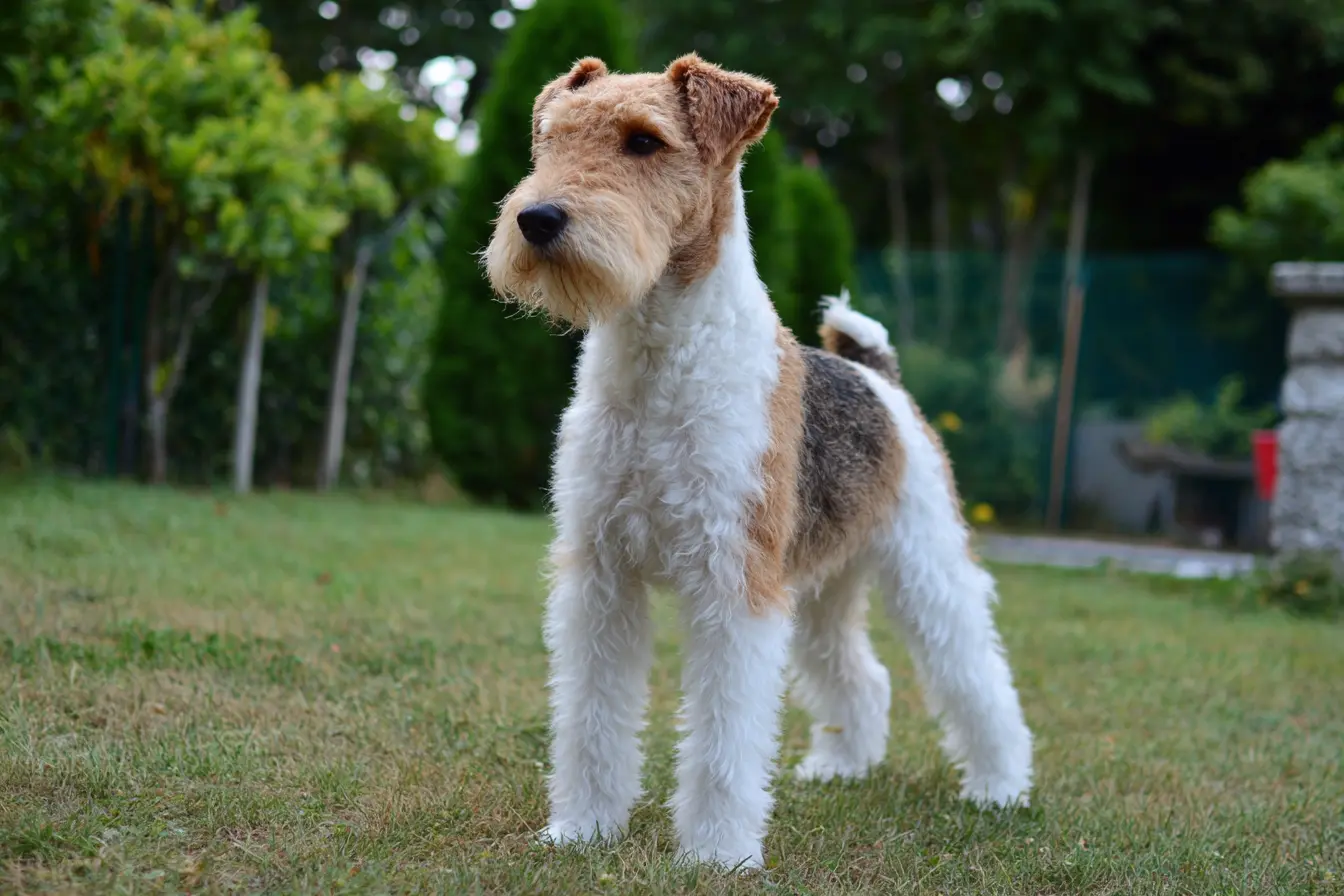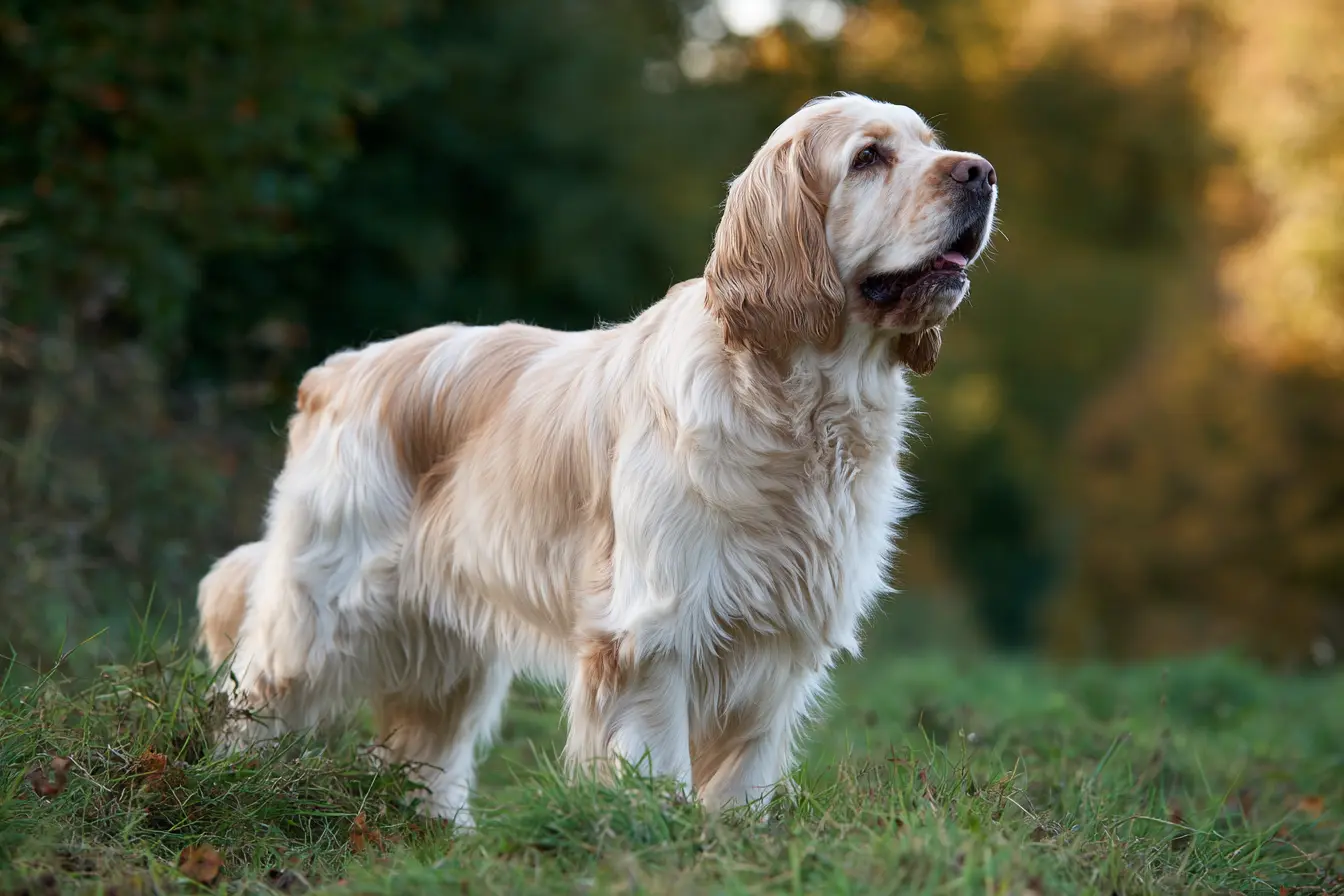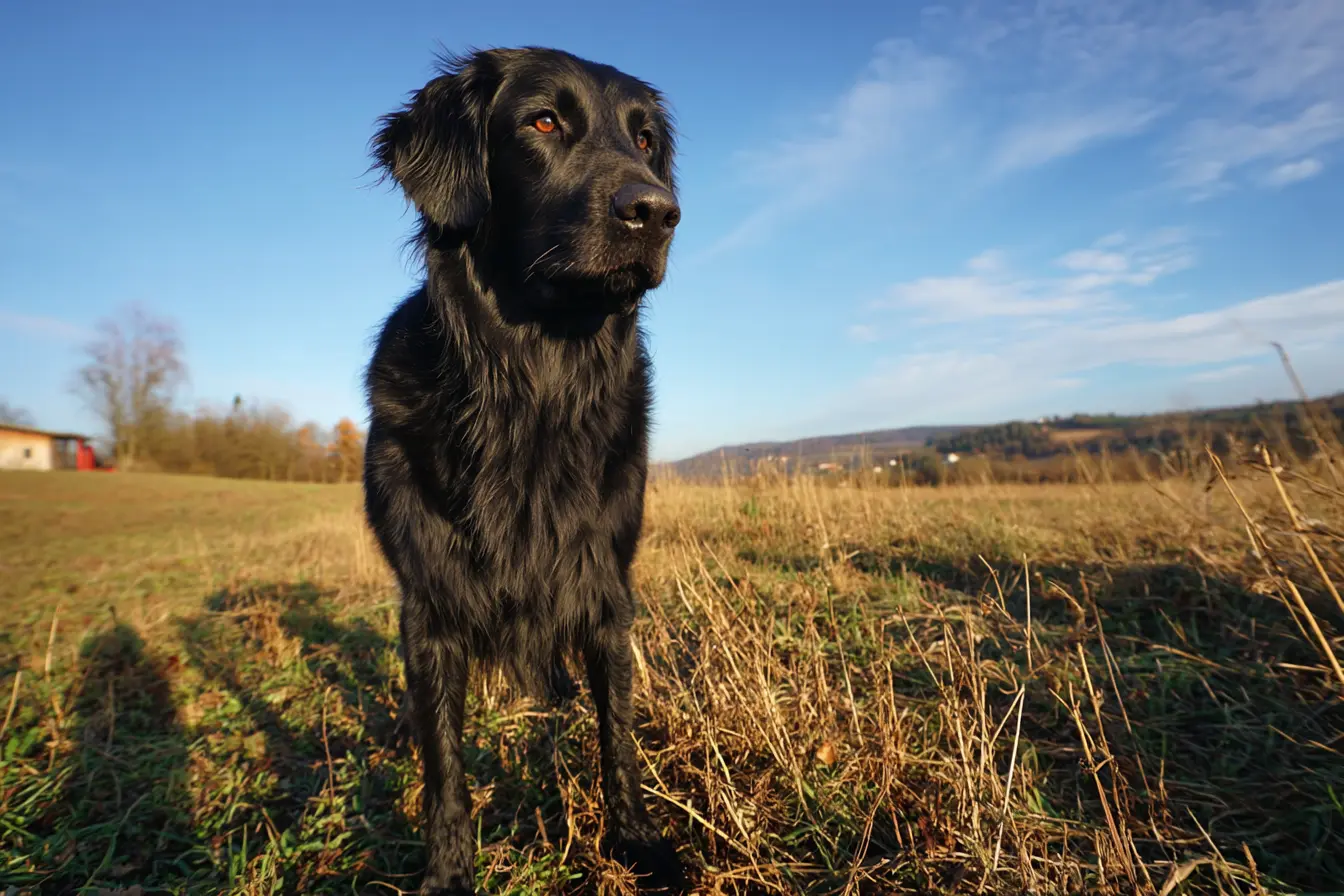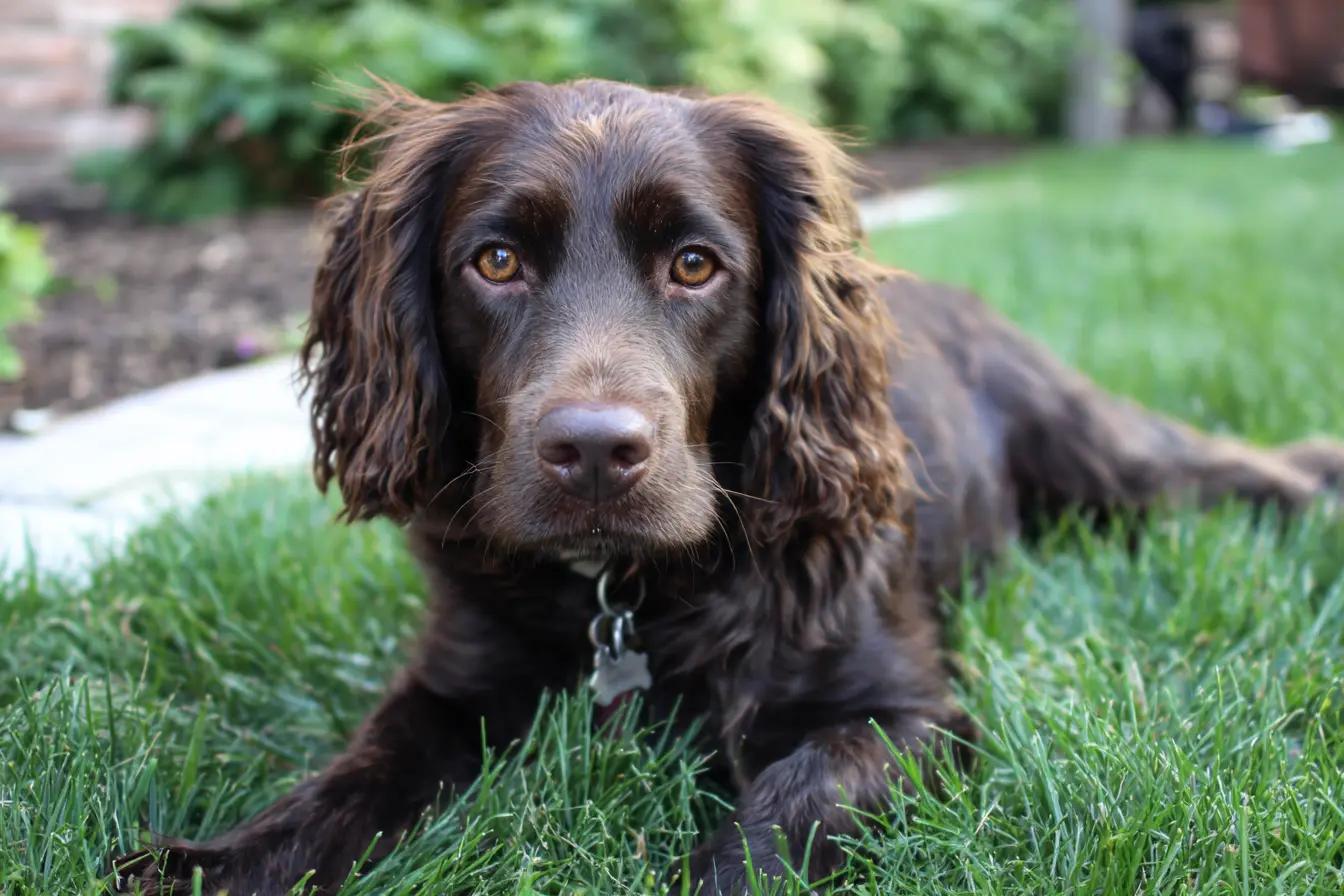
The Terrier Group: Fearless, Energetic, and Full of Character
The Terrier Group is home to some of the most spirited and tenacious breeds in the dog world. Originally bred to hunt vermin and protect properties, terriers are defined by their courage, independence, and lively personalities. Whether working in the field, competing in sports, or thriving as companions, terriers bring boldness, energy, and an irresistible charm to every home. If you're considering a terrier or simply want to learn more, this guide provides everything you need to know.
What is the Terrier Group?
The Terrier Group includes breeds that were primarily developed to hunt and kill vermin both above and below ground. They were often used to guard farms and homes, and many breeds retain their strong prey drive, determination, and independent thinking.
Terriers are typically small to medium-sized, sturdy, and fearless — perfectly suited to their original working roles. Today, while many terriers enjoy a more relaxed lifestyle as companions, their natural instincts remain strong.
Key Characteristics of Terrier Dogs
- Temperament: Bold, spirited, intelligent, and independent.
- Energy Levels: High; require regular physical and mental stimulation.
- Trainability: Intelligent but often strong-willed and tenacious.
- Vocalisation: Many terriers are quite vocal, quick to alert to anything unusual.
- Prey Drive: Strong; love to chase and dig.
- Affection Levels: Very loyal and affectionate with their families.
Terriers often have a strong, larger-than-life personality packed into a small body.
Popular Breeds Within the Terrier Group
Here are some of the most recognised and beloved terrier breeds:
Border Terrier
- Originally used for: Hunting foxes along the England-Scotland border.
- Personality: Plucky, affectionate, and tough.
- Exercise Needs: High; loves running and playing.
- Notable Traits: Weather-resistant coat; friendly and less feisty than some terriers.
Staffordshire Bull Terrier
- Originally used for: Bull-baiting and later as a family companion.
- Personality: Courageous, affectionate, and loyal.
- Exercise Needs: Moderate to high; thrives on structured play and walks.
- Notable Traits: "Nanny dog" reputation for gentleness with children.
Jack Russell Terrier
- Originally used for: Fox hunting and vermin control.
- Personality: Bold, lively, and intelligent.
- Exercise Needs: Very high; needs extensive daily activity.
- Notable Traits: High energy levels and fearless nature.
West Highland White Terrier
- Originally used for: Hunting vermin in Scotland.
- Personality: Confident, happy, and friendly.
- Exercise Needs: Moderate; loves play and walks.
- Notable Traits: Distinctive pure white coat.
Airedale Terrier
- Originally used for: Hunting otters and working as a general-purpose farm dog.
- Personality: Energetic, outgoing, and intelligent.
- Exercise Needs: High; needs plenty of exercise and mental challenges.
- Notable Traits: The largest of the terrier breeds.
Cairn Terrier
- Originally used for: Rooting out vermin among cairns and rocky dens.
- Personality: Cheerful, hardy, and independent.
- Exercise Needs: Moderate to high; loves to dig and explore.
- Notable Traits: Weatherproof coat and fearless attitude.
Scottish Terrier
- Originally used for: Hunting foxes and badgers.
- Personality: Dignified, independent, and loyal.
- Exercise Needs: Moderate; enjoys purposeful walks.
- Notable Traits: Iconic silhouette with a wiry coat and serious expression.
Bull Terrier
- Originally used for: Bull-baiting and later companionship.
- Personality: Spirited, comical, and courageous.
- Exercise Needs: High; thrives on activity and structured play.
- Notable Traits: Distinctive egg-shaped head and mischievous character.
Wire Fox Terrier
- Originally used for: Fox hunting.
- Personality: Bold, lively, and intelligent.
- Exercise Needs: High; needs vigorous exercise and mental stimulation.
- Notable Traits: Dense, wiry coat and lively personality.
Training and Exercise Needs
Terriers are clever but independent, which means they require patient, consistent training. They often enjoy learning but prefer activities that engage their natural instincts.
Training Tips:
- Positive reinforcement: Use rewards-based methods to keep them motivated.
- Short, varied sessions: Terriers can become bored with repetition.
- Consistency and firmness: Clear boundaries help prevent bad habits.
- Channel natural behaviours: Earthdog trials, digging areas, and scent games are ideal outlets.
Exercise Requirements:
- Daily exercise is essential: Terriers need at least an hour of vigorous activity every day, often more.
- Mental stimulation is crucial: Puzzle toys, agility, and obedience work prevent boredom.
- Safe, secure play areas: Due to their prey drive, terriers should not be trusted off-lead in unsecured spaces.
Grooming and Care
Grooming needs vary across the group:
- Short-coated terriers (e.g., Staffordshire Bull Terrier): Require minimal grooming; regular brushing to remove dead hair.
- Wiry or rough-coated terriers (e.g., Border Terrier, Scottish Terrier): Need regular brushing and hand-stripping to maintain coat texture.
- Longer-coated terriers (e.g., Airedale Terrier): Require professional grooming every few months.
Regular ear cleaning, nail trimming, and dental care are important for all terriers.
Health Considerations
While terriers are generally hardy, there are some health issues to be aware of:
- Hip dysplasia: Can occur in larger terriers like the Airedale.
- Patellar luxation: Common in smaller terriers like the Jack Russell.
- Skin conditions: Such as allergies, particularly in Westies.
- Heart disease: Found in some terrier breeds later in life.
- Inherited genetic conditions: Responsible breeders will screen for issues specific to each breed.
Routine veterinary check-ups and preventative care are essential to maintaining their health.
Living with a Terrier
Living with a terrier can be immensely rewarding but does require an understanding of their nature:
- Energetic and alert: Terriers love to be involved in family activities.
- Great companions: Loyal and affectionate towards their families.
- Vocal: Many terriers are quick to bark, often acting as excellent watchdogs.
- Strong prey drive: Supervision around small pets and careful lead management are essential.
- Diggers by nature: Many terriers love to dig; providing a digging area can help.
Pros:
- Bold, lively, and entertaining companions.
- Highly intelligent and trainable with the right methods.
- Generally hardy and robust.
- Loyal and affectionate with family.
Cons:
- High energy and exercise requirements.
- Can be stubborn and independent.
- Strong prey drive; may not coexist peacefully with small pets.
- Prone to barking if bored or not properly trained.
Is a Terrier Right for You?
If you are looking for an energetic, intelligent, and bold companion who will keep you entertained and involved, a terrier could be a wonderful fit. They thrive with owners who can meet their exercise and mental stimulation needs and who appreciate a strong-willed but loving dog.
However, if you prefer a highly obedient or very laid-back dog, or if you are unable to provide daily engagement, a terrier might not be the right choice.
Conclusion
The Terrier Group is a lively and diverse collection of fearless, spirited, and affectionate dogs. Whether you’re drawn to the cheeky Jack Russell, the dignified Scottish Terrier, or the friendly Border Terrier, each breed offers a unique blend of toughness, charm, and loyalty. With the right training, exercise, and companionship, a terrier will be a loyal, entertaining, and beloved member of your family for many wonderful years.
Vets near you
Speciality vets
- Aquatics vet specialists
- Birds vet specialists
- Camelids vet specialists
- Cats vet specialists
- Cattle vet specialists
- Deer vet specialists
- Dogs vet specialists
- Equines vet specialists
- Exotic vet specialists
- Goats vet specialists
- Pigs vet specialists
- Poultry vet specialists
- Sheep vet specialists
- Small Mammals vet specialists
- Wild vet specialists
Vet facilities
- Accessible by public transport
- Blood testing
- Car park nearby
- Client car park
- Dentistry
- Diagnostic imaging
- Disabled public access
- Flea and worm treatments
- Microchipping
- Mobile services
- Neutering
- Open at weekends
- Out-of-hours service
- Referral interests
- Referrals only
- Street parking outside
- Toilets available
- Vaccinations



